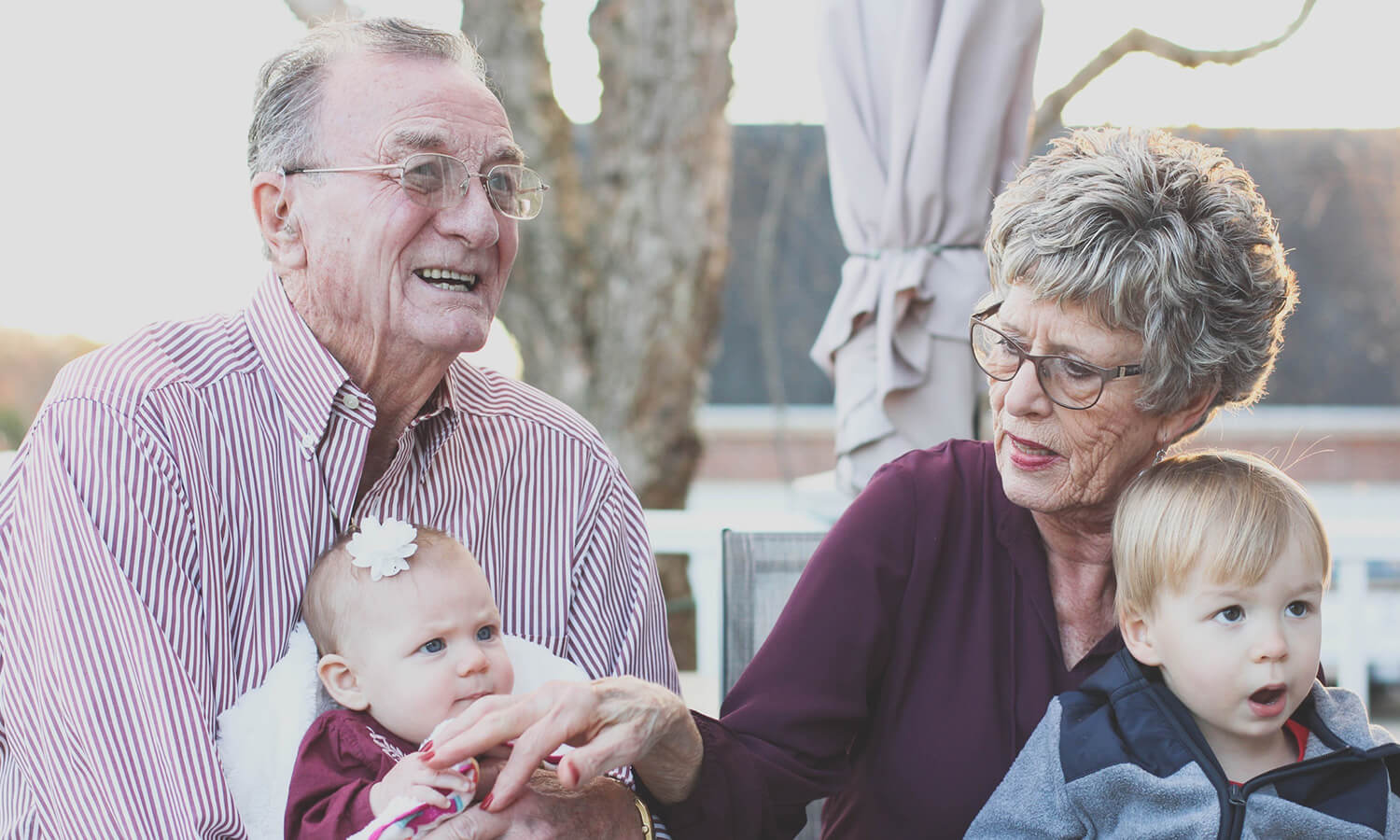
The Ten Commandments, which state, “Honor your father and mother that your days may be long in the land the Lord your God gives you,” are perhaps the first suggestion that we should take care of our parents (Exodus 20:12). The care of elderly parents and relatives was a family affair in the Old Testament, as it appears in many modern societies, where families and their relatives coexisted.
Paul’s statements
The first instance in the New Testament of older parents not receiving care from children or family members is found in Acts 6:1, where the church is providing for widows. Nevertheless, in 1 Timothy 5:3–4–8, Paul provides particular instruction regarding caring for parents and elderly relatives, saying, “Honor widows who are genuinely widows.” However, if a widow has kids or grandkids, teach them to be godly in their own home and to give back to their parents in some way first, as this is what God finds acceptable. But a person has denied their faith and is worse than an unbeliever if they fail to support their family, especially members of their own household.
Find ways to honor your parents
These are very strong words from Paul, but it is obvious that Christians especially, must care for their parents as they get older. In today’s world things may be seen slightly differently, in that not all parents need or want to be cared for in the homes of their children. Many people value their independence, and find it hard to accept the care that children try to give them. For Christians the command to honor our parents still stands, and children need to actively find ways to obey the fifth commandment — ways that are honoring to our parents and pleasing to God, not controlling them, forcing them into situations which may suit us, but gives no consideration to them – i.e. moving to be closer to their children but miles away from their friends, forcing them into residential care when it is not what they want.
Elderly people are frequently viewed as a burden rather than a gift. Perhaps this is the result of them not receiving the respect they deserve, which is why they are behaving badly. Since parents do not live forever, many children are left to live with the regret of their careless behavior after their parents pass away. Hard feelings and hurtful remarks may have been avoided with some consideration, prayer, respect, and dialogue.
Summary
What does honoring your mother and father mean? The Bible offers instructions on how to take care of the elderly. Nonetheless, there are various approaches to caring for aging parents and other family members in every culture. Respect is the cornerstone of how we should treat people, and we should be prepared to give their demands careful thought.





